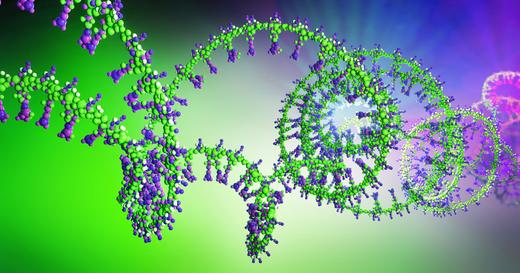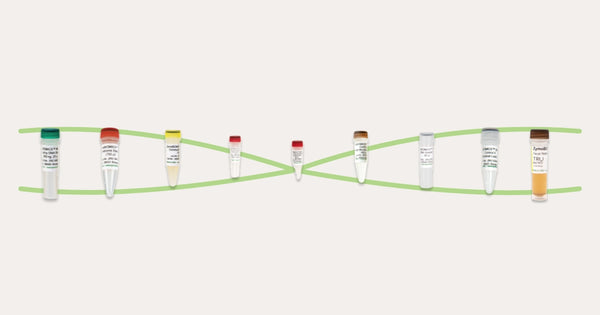Mind in Motion: How Running Boosts Brain Health and Performance
Neuronal Regeneration Boost
Recent research has shed light on a fascinating phenomenon: the relationship between running, the enhanced generation of hippocampal neurons, and its impact on learning ability and mood regulation. A study conducted by Yu Gao and colleagues starts to unravel the intricate mechanisms underlying this connection, revealing the potential for a healthier brain through the power of running. While the correlation between running and neurogenesis is widely known, the exact mechanism behind this connection remains unclear.

The study’s findings highlight the critical role of G protein signaling 6 (RGS6) in neuronal maturation and hippocampal neurogenesis dependent learning and mood regulation. Knockdown of RGS6 in mice was shown to negate the positive effects of running on neuronal maturation and subsequent learning and anxiolytic (anxiety reducing) effects. The study proposed that RGS6 might contribute to neuronal maturation by influencing calcium influx through voltage-activated calcium channels. RGS6 may be a potential target for therapeutic interventions aimed at neurogenerative diseases and age-related cognitive decline.
Tackling Low Input
Due to the heterogeneity and composition of brain tissue, the extraction of viable regenerated or newborn neurons presented a large challenge for Dr. Yu Gao and his team. With a limited number of viable neurons, extensive RNA extraction was necessary to conduct a genome wide assessment. In order to identify the newborn neurons, conditional ribosomal tagging was used, and the RNA was immunoprecipitated.

“We compared several kits for small-amount-RNA purification, the TRIzol™ based RNA purification (Direct-zol RNA Microprep) yielded the highest quality of RNA. This is also the best way to protect the small amount of RNA from degradation. Besides, the smaller diameter of membrane in the elution column allows to elute RNA in a small volume of elutes therefore there is no need to add an extra step to concentrate the purified RNA.” - Yu Gao, University of Wisconsin-Madison
The research conducted by Yu Gao and his team has uncovered that voluntary running initiates profound alterations in the translation of adult-born neurons. Highlighting the role of RGS6 in the maturation of these neurons, and the resulting boost in behavior. This exploration not only illuminates the molecular pathways that govern our response to external stimuli and life experiences but could also aid our understanding of diseases and developing therapeutics, all through the lens of the impact of exercise on our cognitive and emotional well-being.
Working with small input samples? Here are some tips from Zymo Research Scientists
- Simplify your Workflow: Reduce the amount of protocol steps to minimize user error and bias introduced from every additional step, such as phenol-chloroform separation where the user’s skill level can influence results.
- Optimize Collection & Processing: Consider using a DNA/RNA stabilization solution like DNA/RNA Shield or employ rapid flash freezing techniques using liquid nitrogen to preserve samples for future extraction. Opt for a chaotropic-based lysis solution such as TRI Reagent® or TRIzol™, ideal for difficult, fatty samples high in DNases. Ensuring samples are collected and homogenized properly will result in high RNA integrity.
- Tailor your RNA extraction: Choose RNA extraction kits designed for low-input samples. These kits incorporate specialized columns and reagents to enhance RNA recovery and minimize loss from as small as 17 nt and as little as single cell inputs (Direct-zol Microprep RNA Kit).
LEARN MORE ABOUT ZYMO RESEARCH'S DIRECT-ZOL RNA PURIFICATION KITS
References
- Gao Y, Shen M, Gonzalez JC, Dong Q, Kannan S, Hoang JT, Eisinger BE, Pandey J, Javadi S, Chang Q, Wang D, Overstreet-Wadiche L, Zhao X. RGS6 Mediates Effects of Voluntary Running on Adult Hippocampal Neurogenesis. Cell Rep. 2020
- Yu Gao, Xinyu Zhao, sncRiboTag-Seq: Cell-type-specific RiboTag-Seq for cells in low abundance in mouse brain tissue, STAR Protocols, Volume 2, Issue 1, 2021


